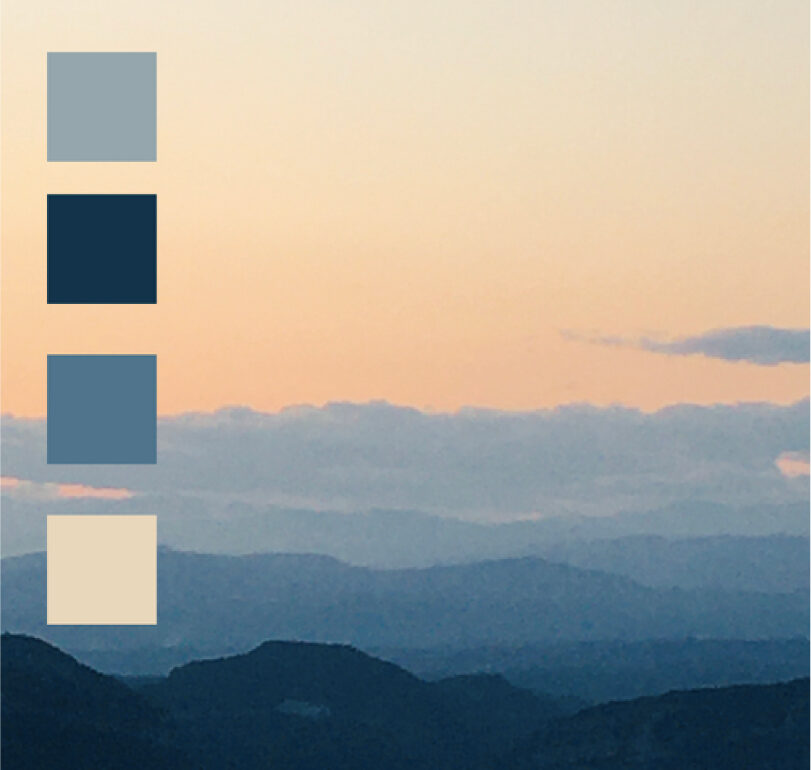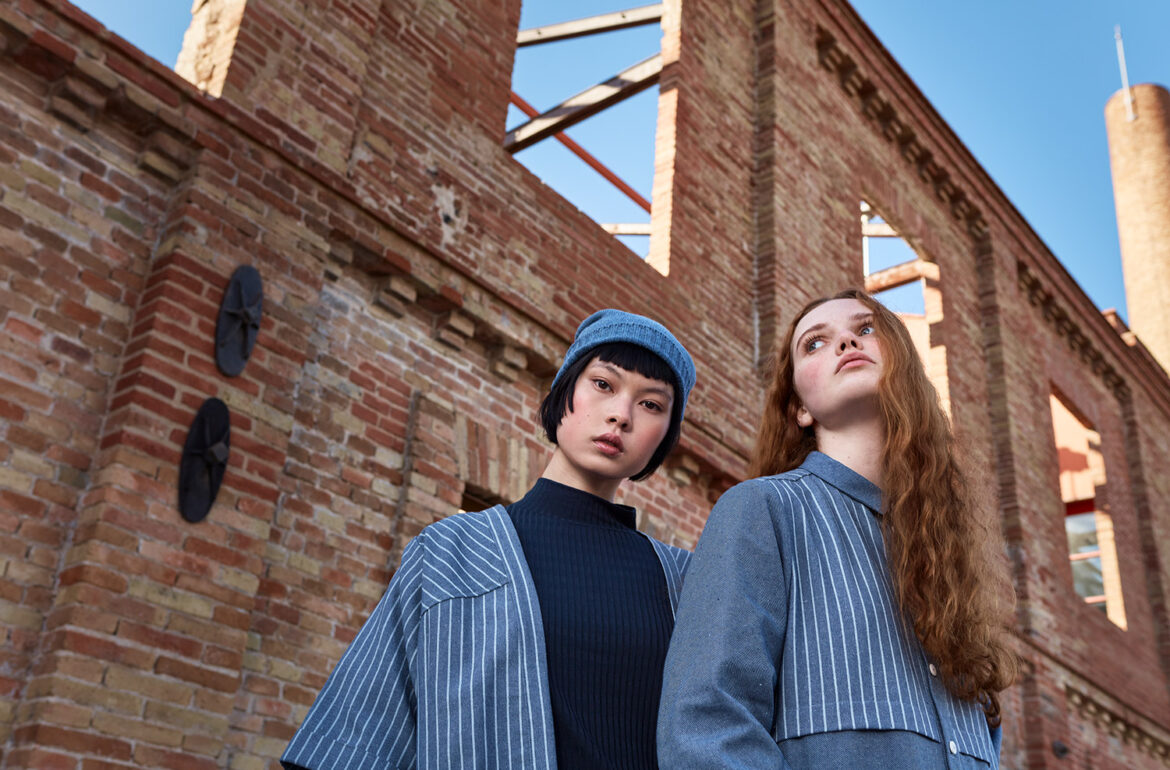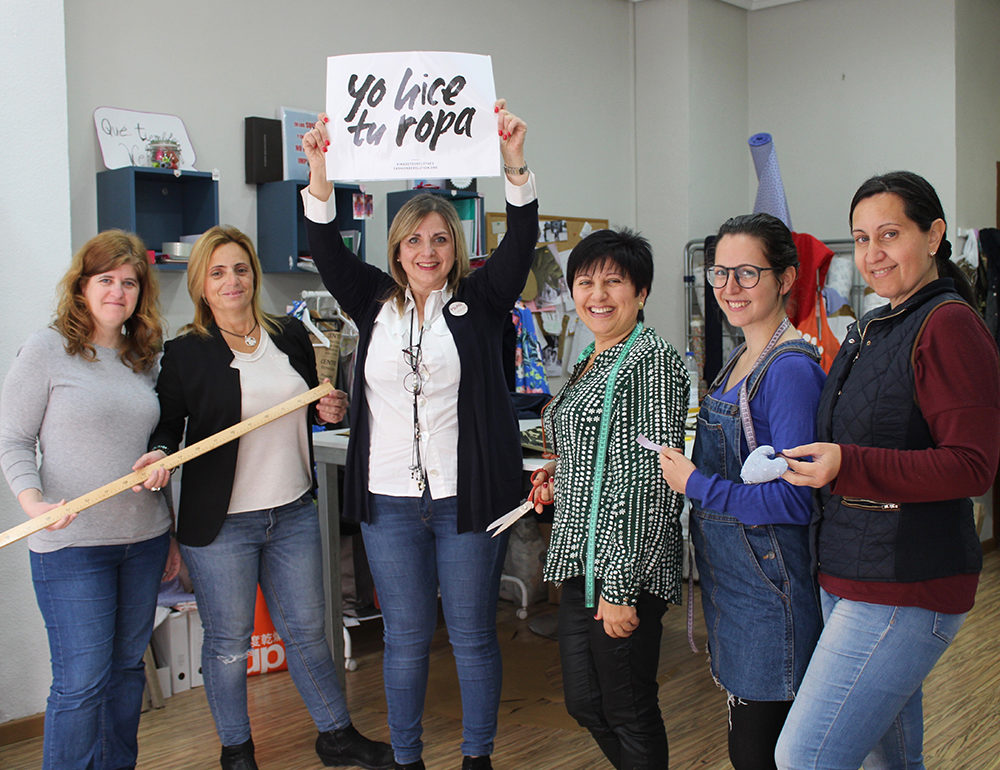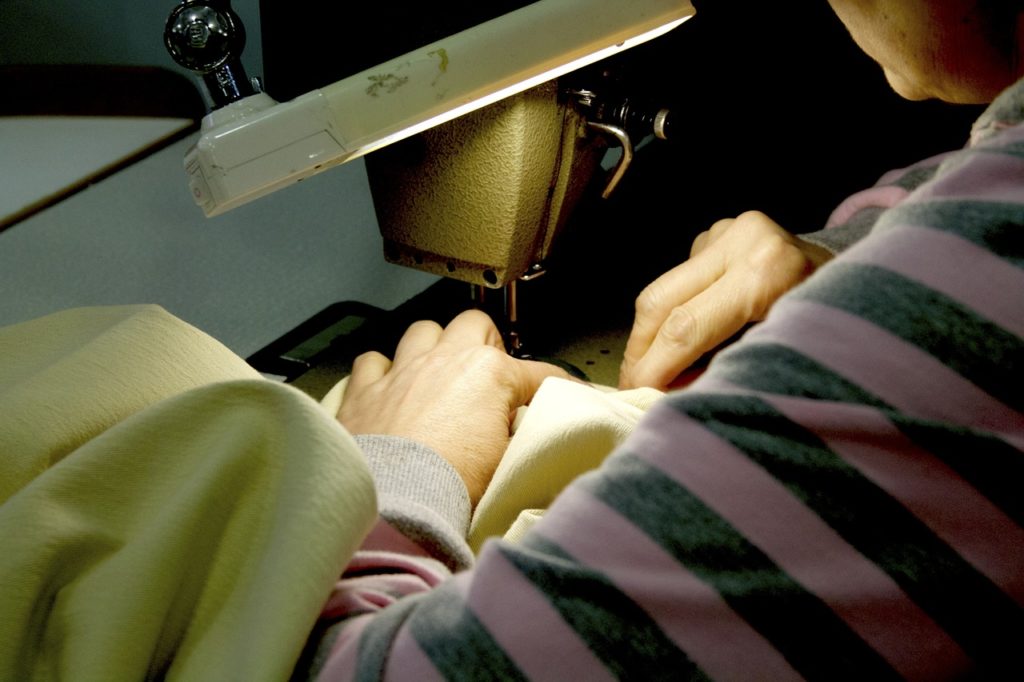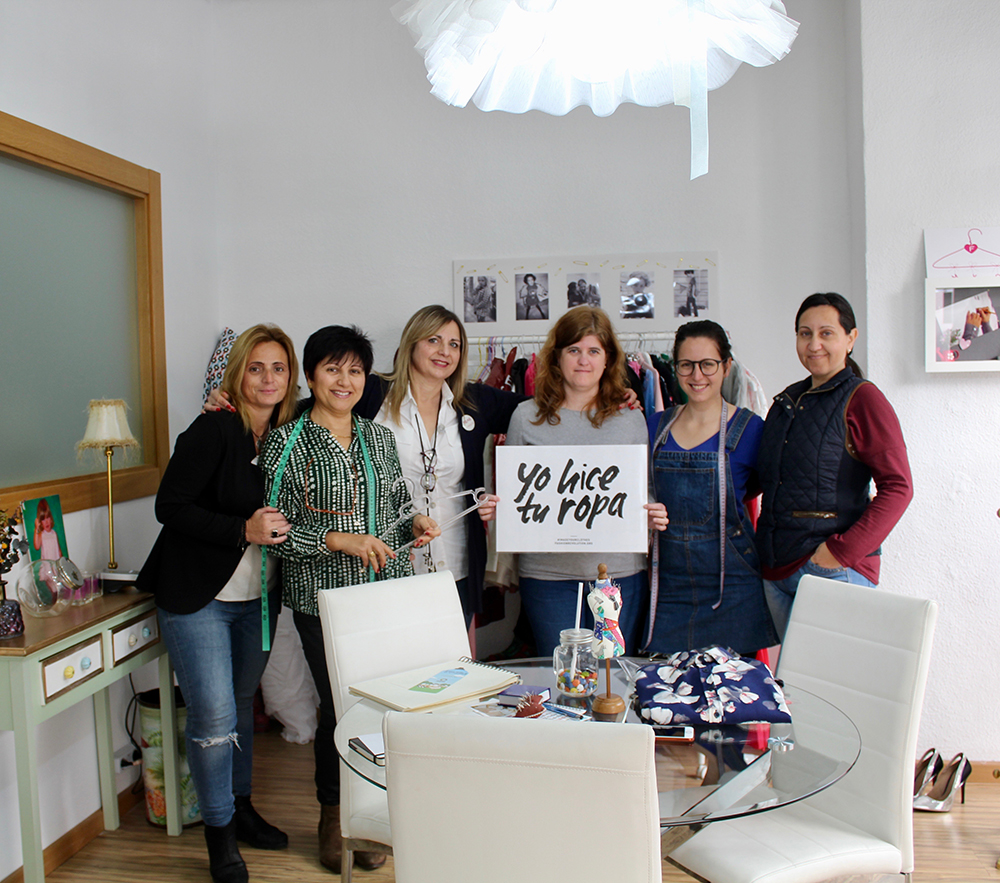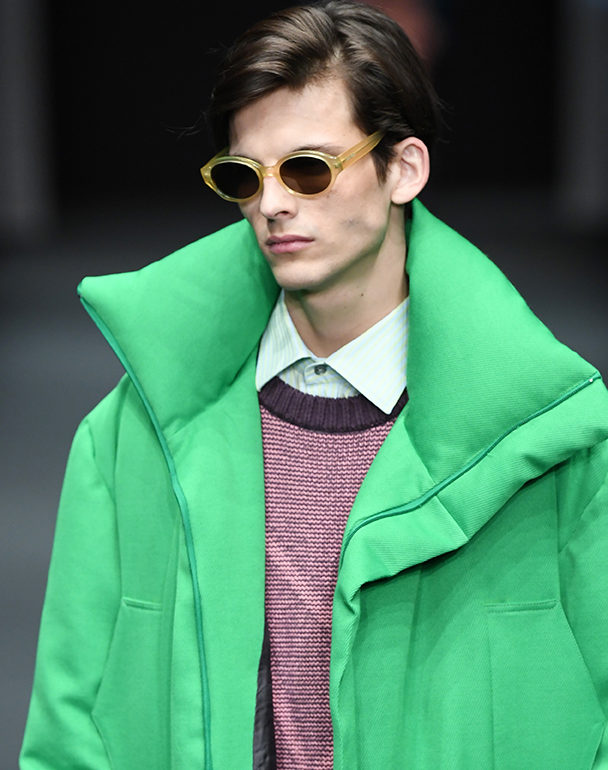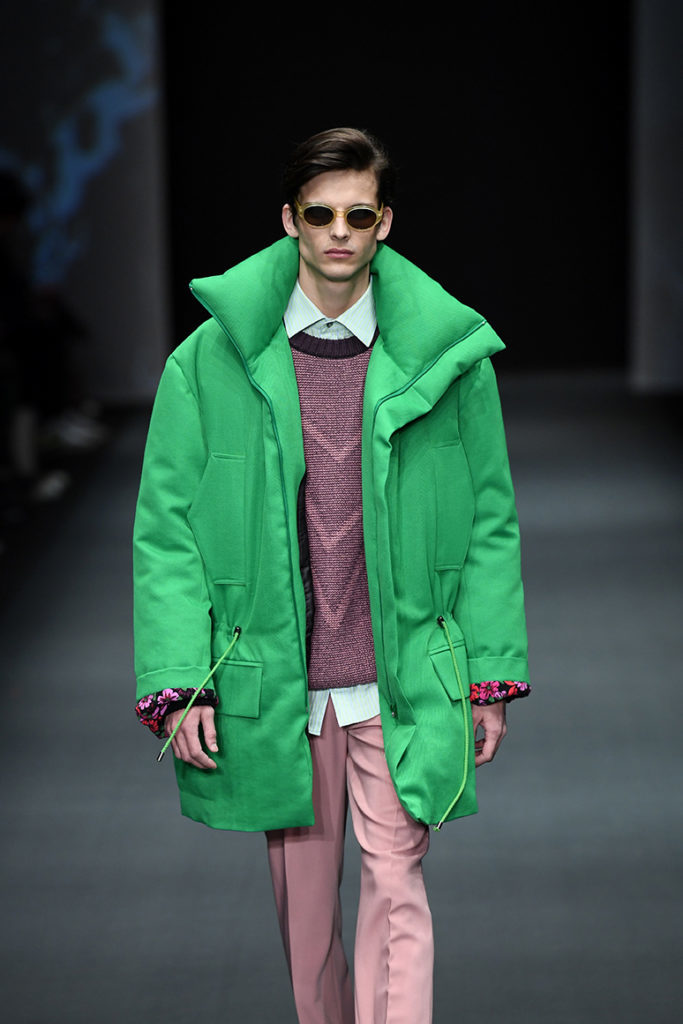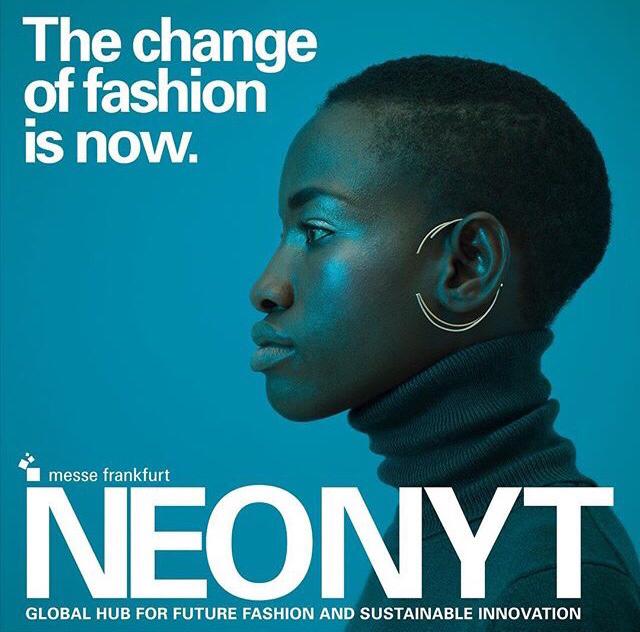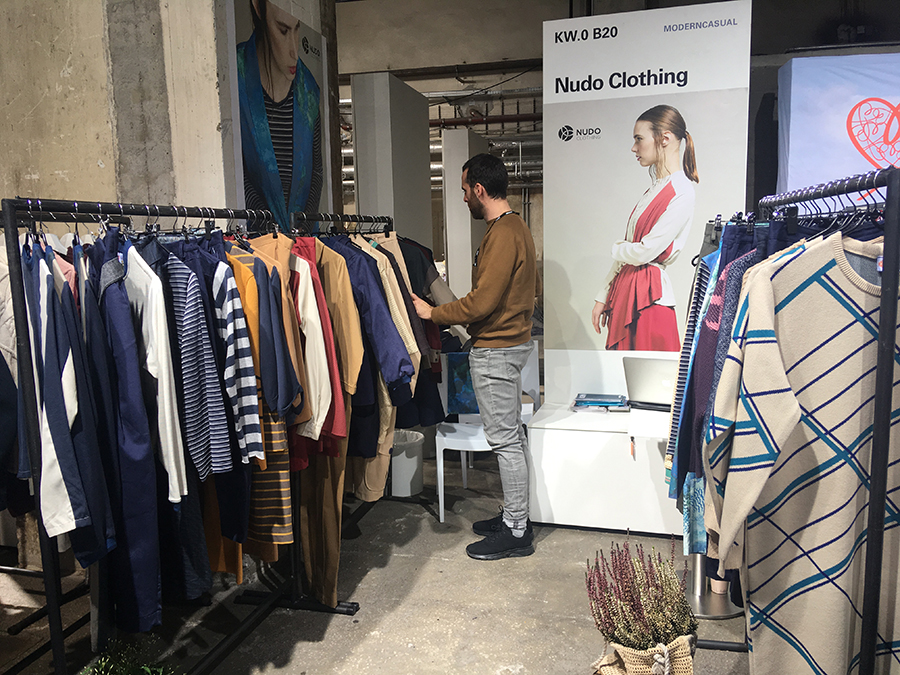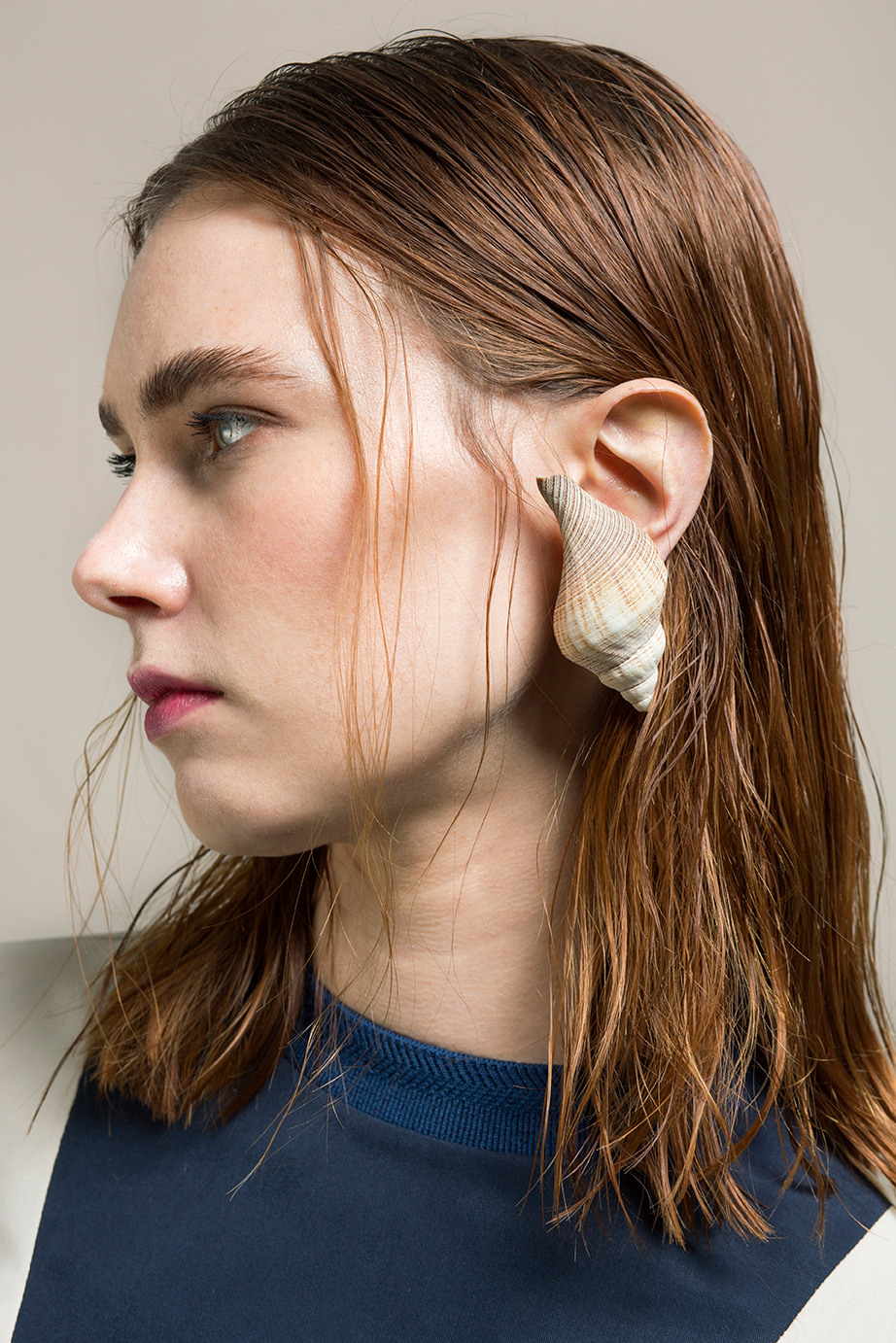BRIGHT, is the name of our new sustainable fashion collection for Spring / Summer 21 that just launched. An ode to look to the future with joy and to enjoy the pleasure of simple things.
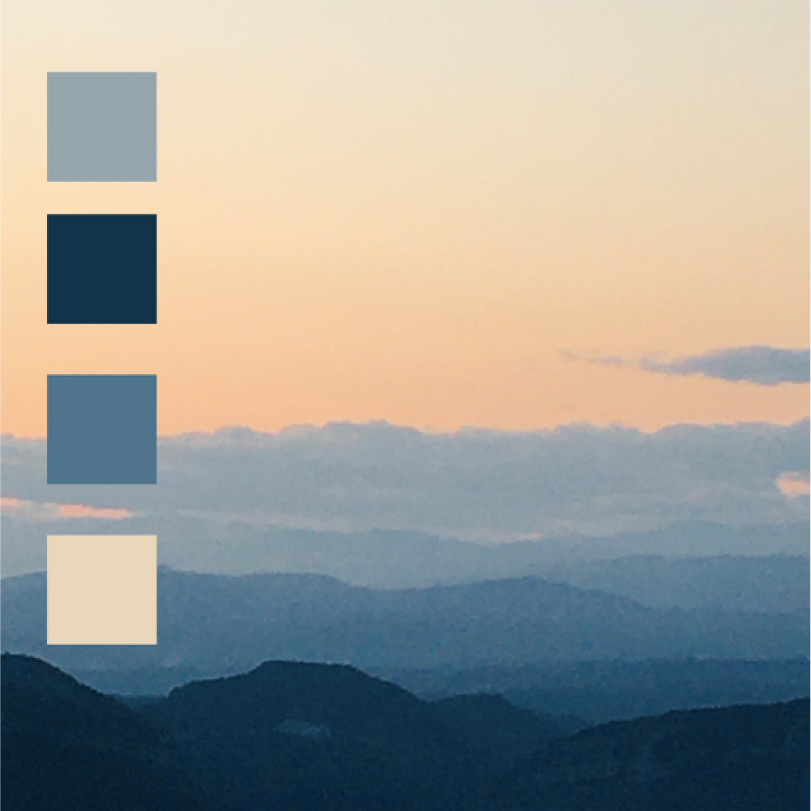
2020 has surprised us with a global pandemic. After the initial shock and after weeks of lock down, away from the routine and everything we took for granted, we felt the need to close our eyes and ask ourselves a question. What drives us to go on when everything comes to a standstill?
Four ideas rise from this exercise: Love – Nature – Creativity – Solidarity. Four ideas that have served us as inspiration for the new collection.

And it is something that has creativity. It can set you free even in the most adverse situations. We clung to it to create this new collection, which flows between soft fabrics and spring colors to take you, like in a dream, towards a bright summer full of joy.
We can not wait to share it with you, to let it fly free, but for now, we only share a sneak peek.
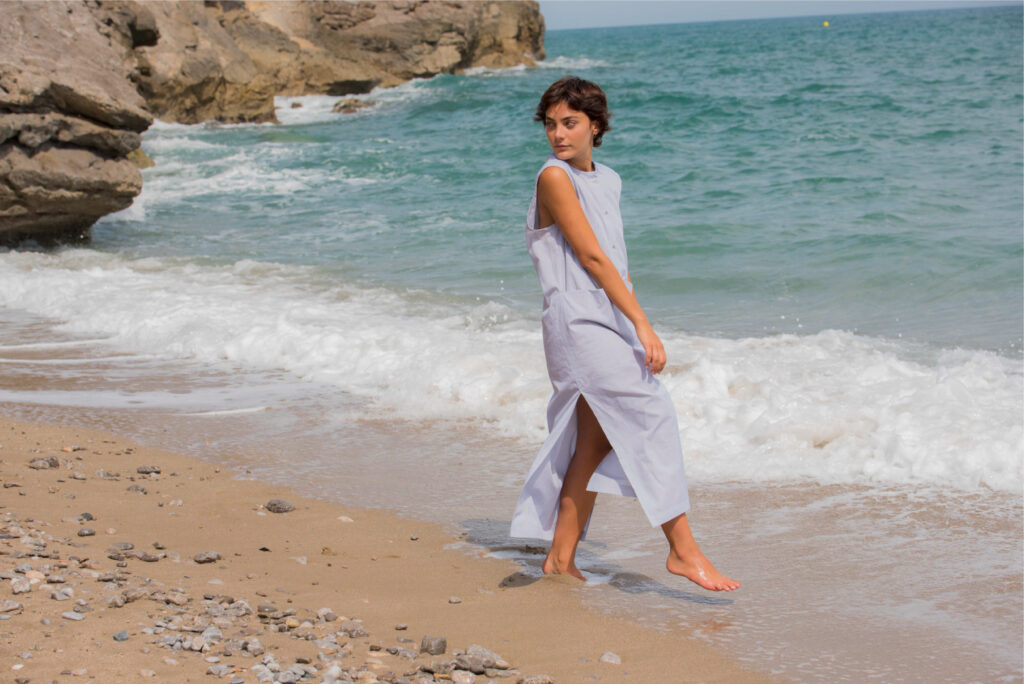
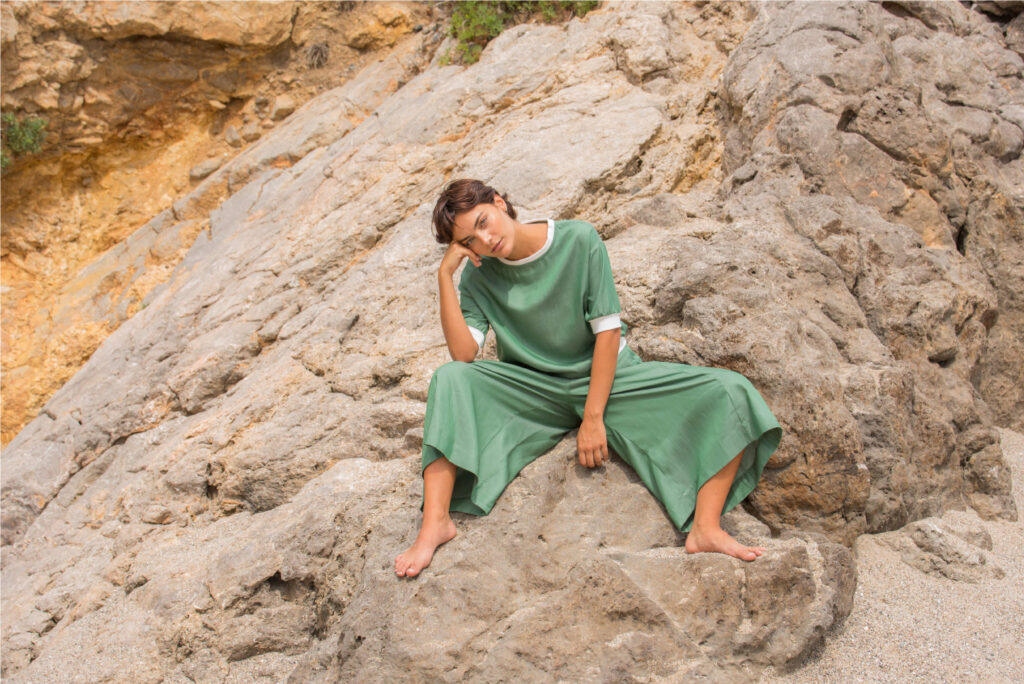
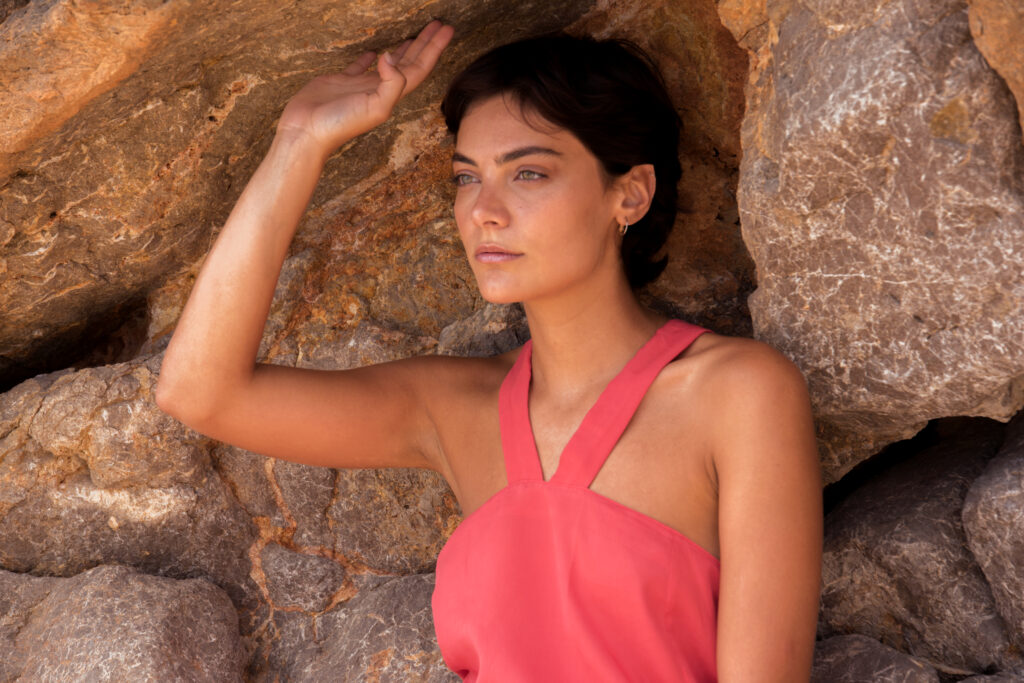
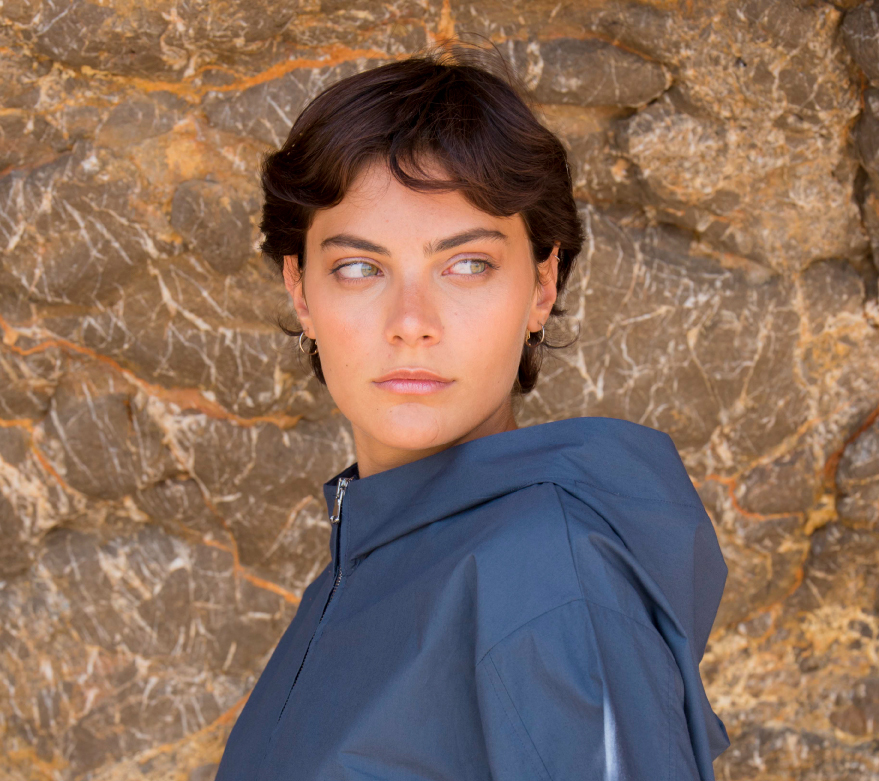
Would you like to see our collection in your favorite store? Write us telling us the name and city of your store and we will do our best to get it.

